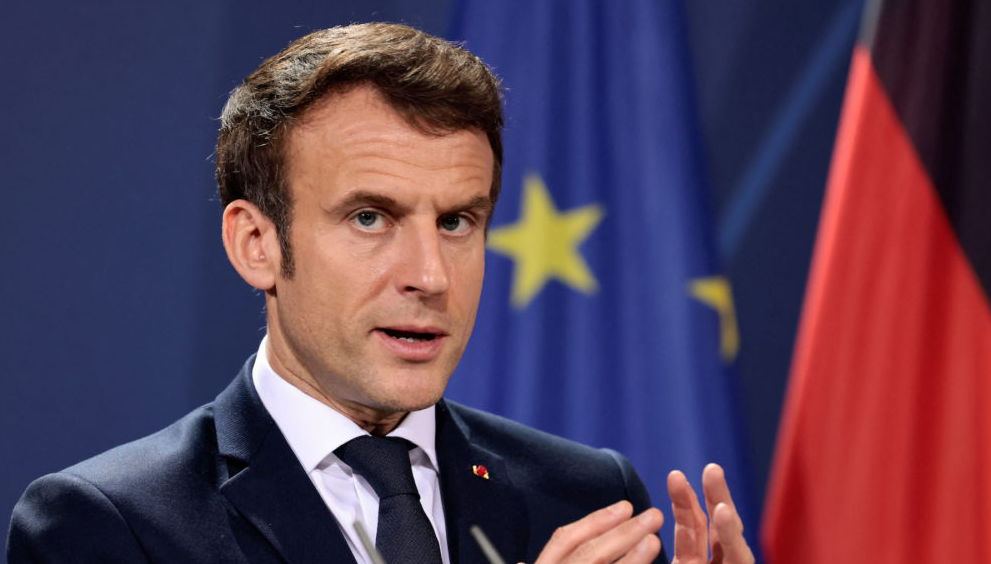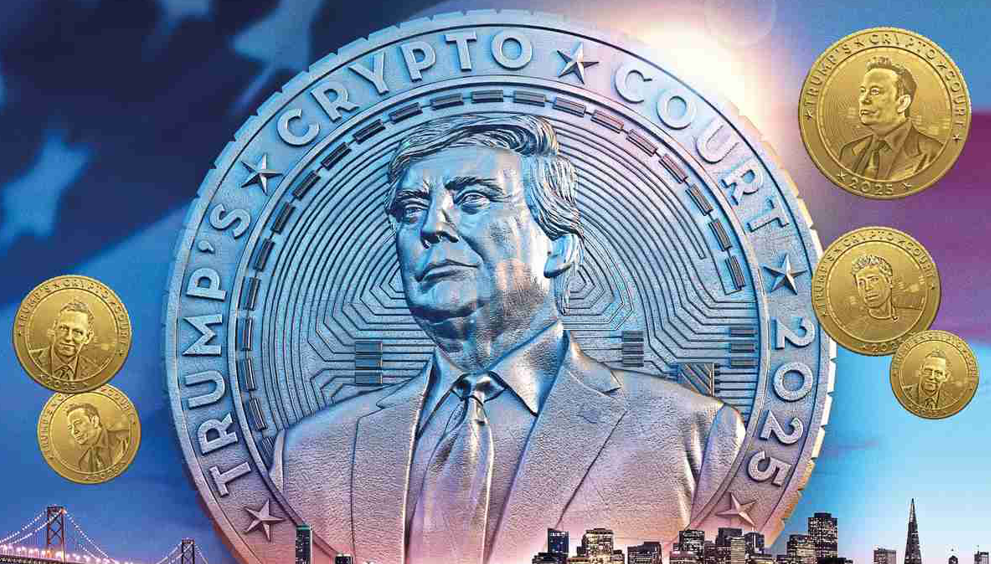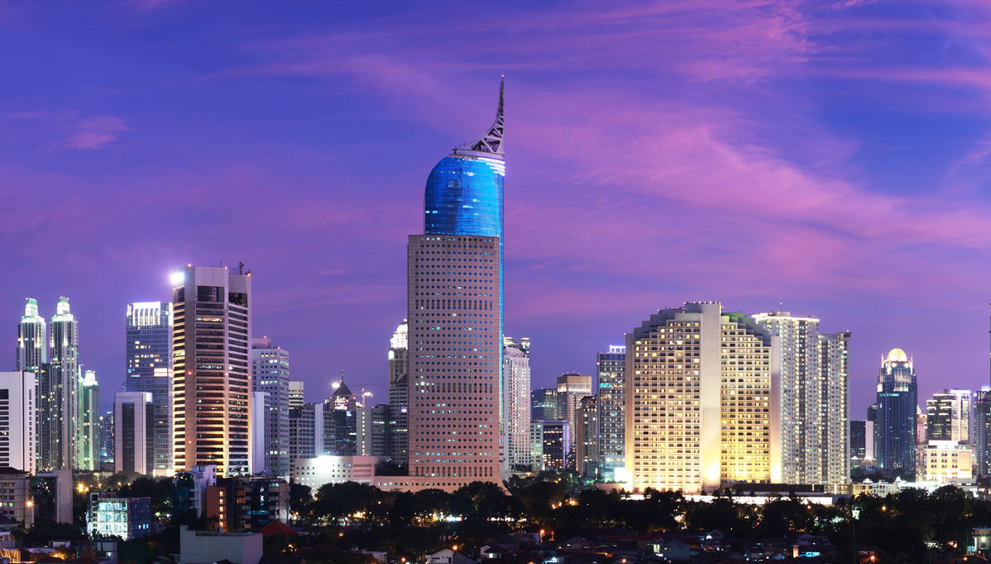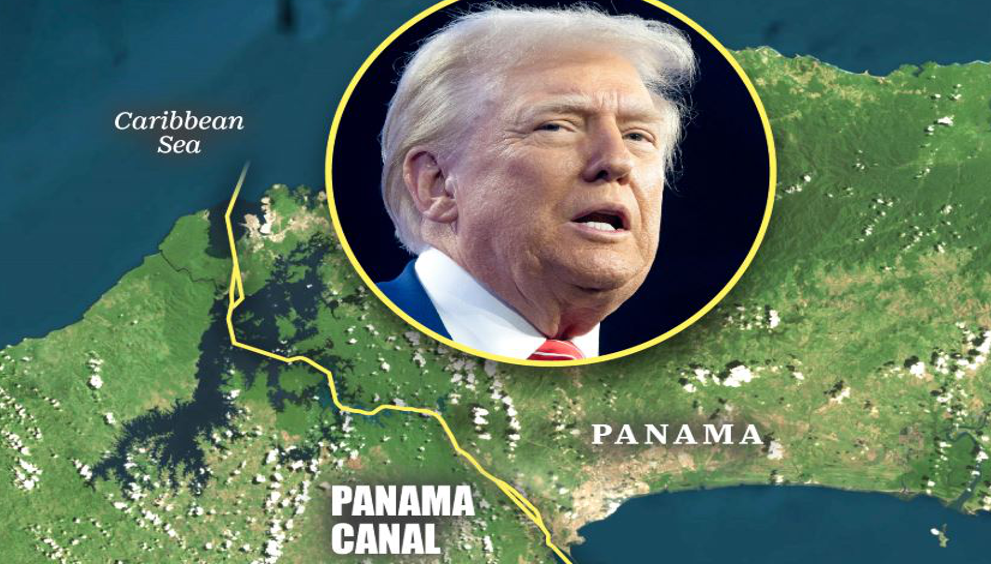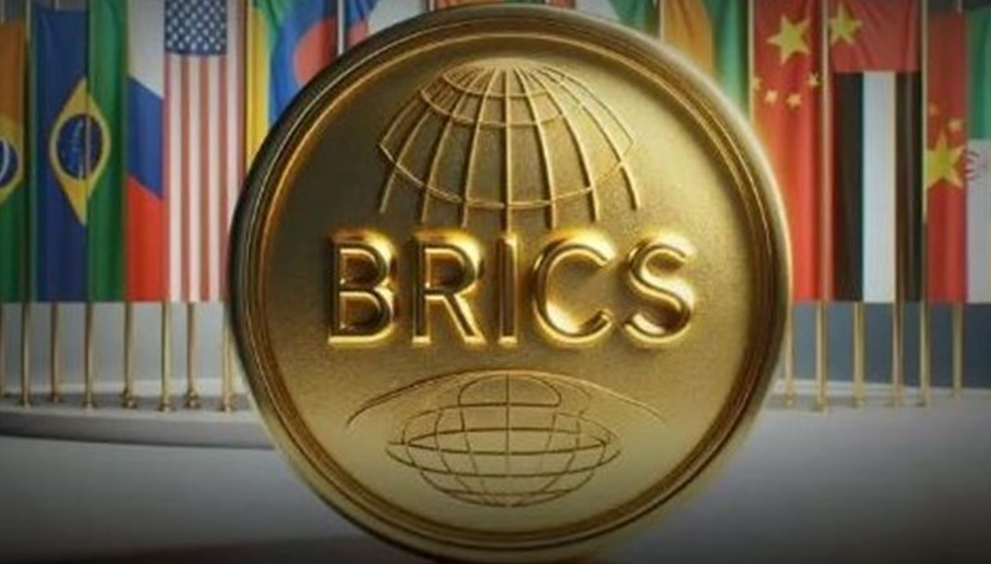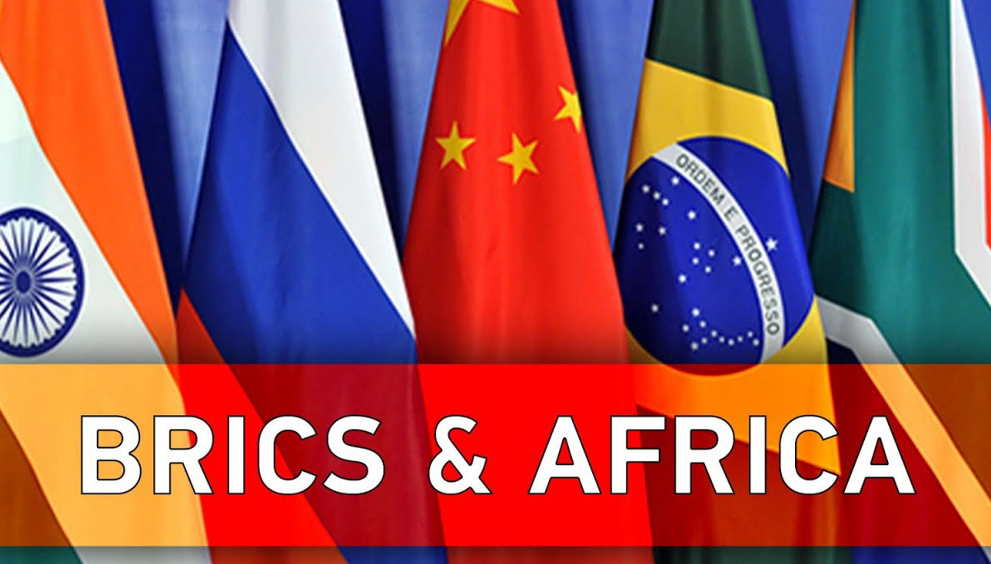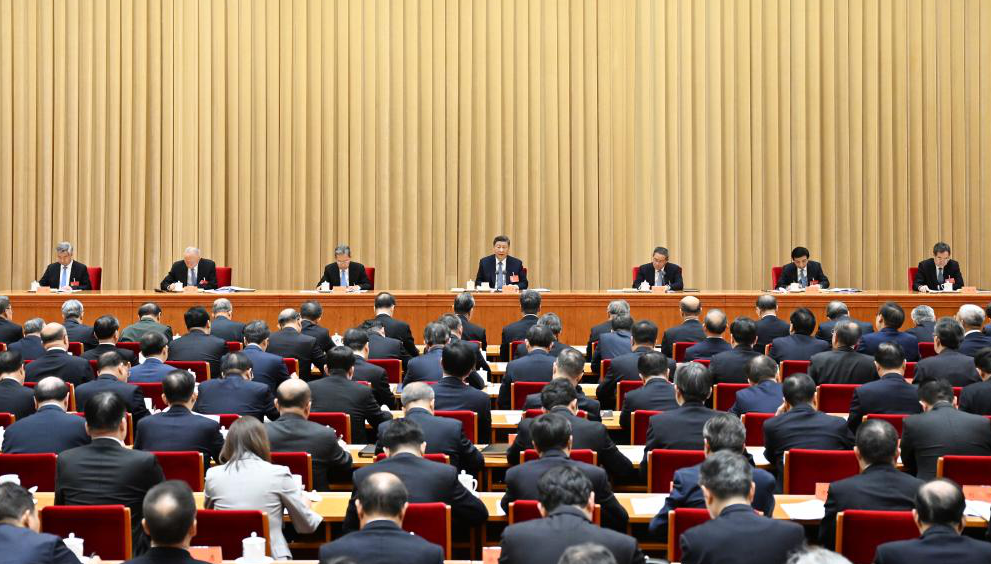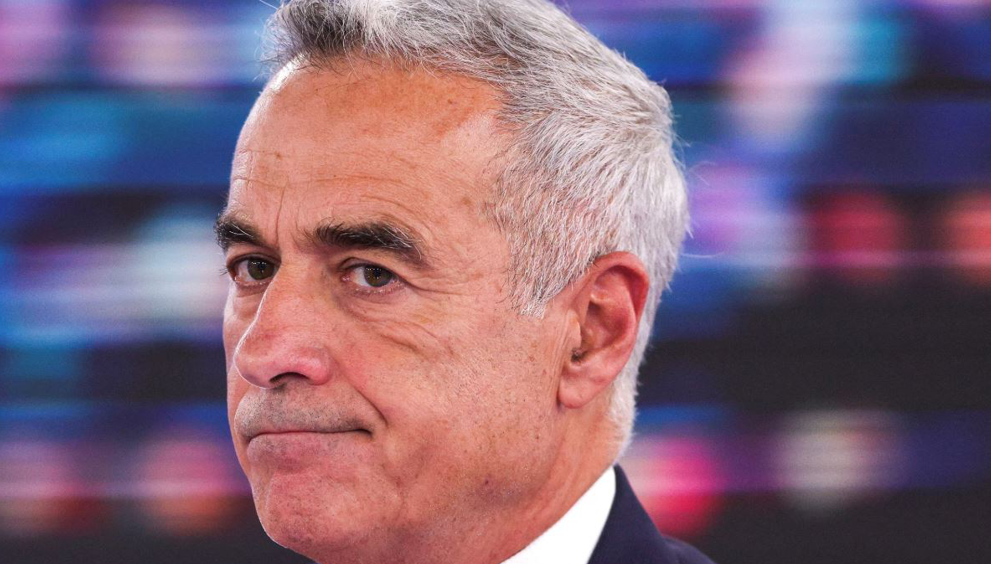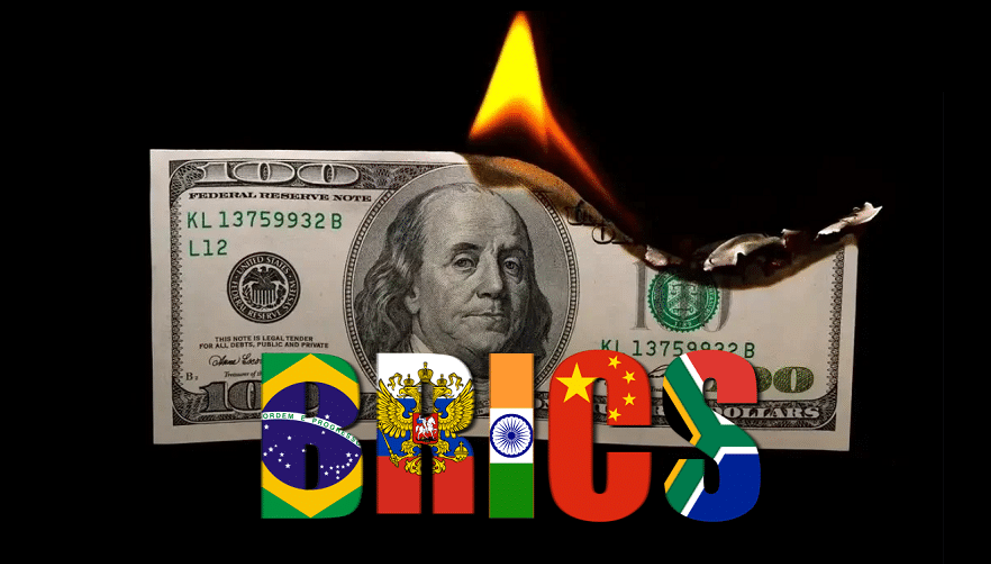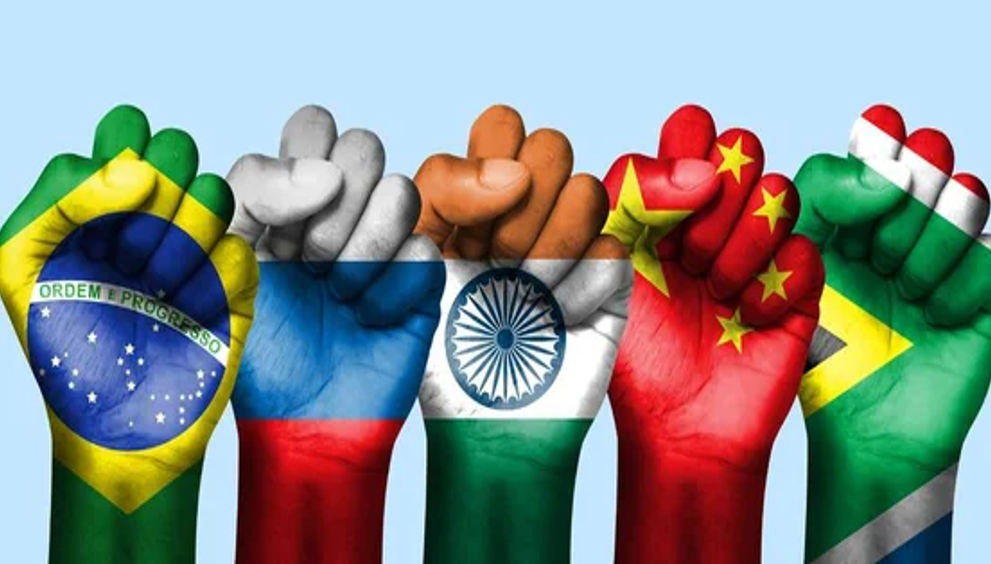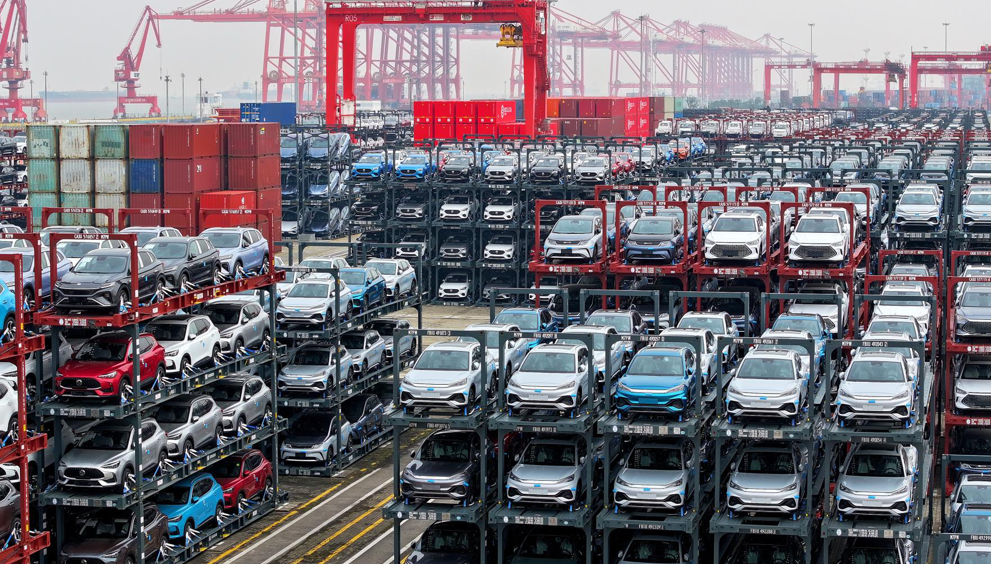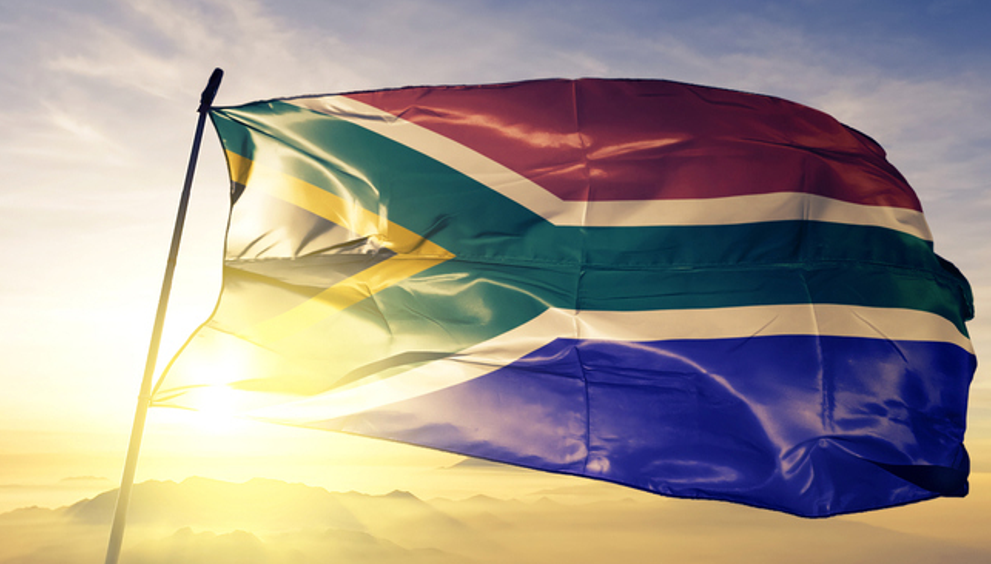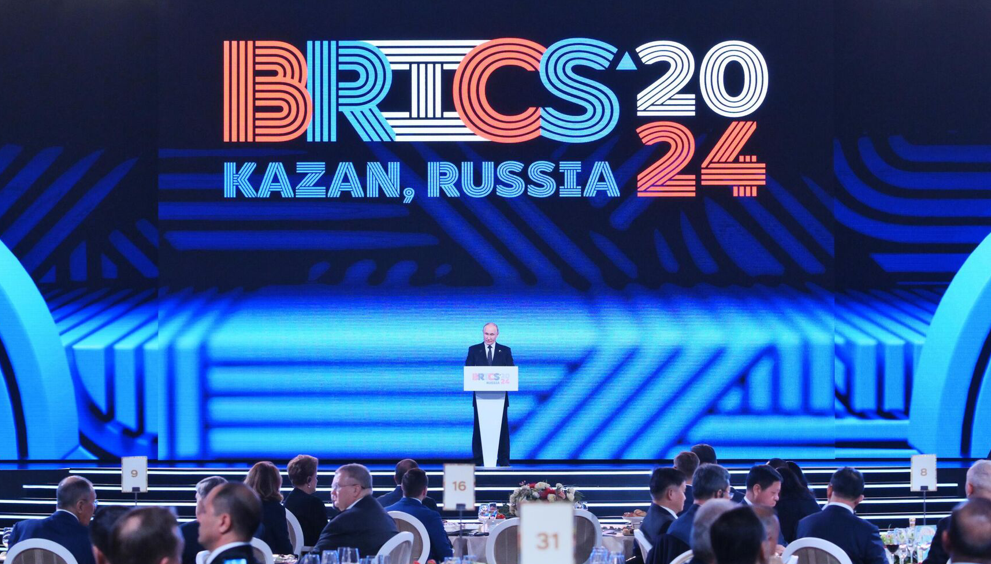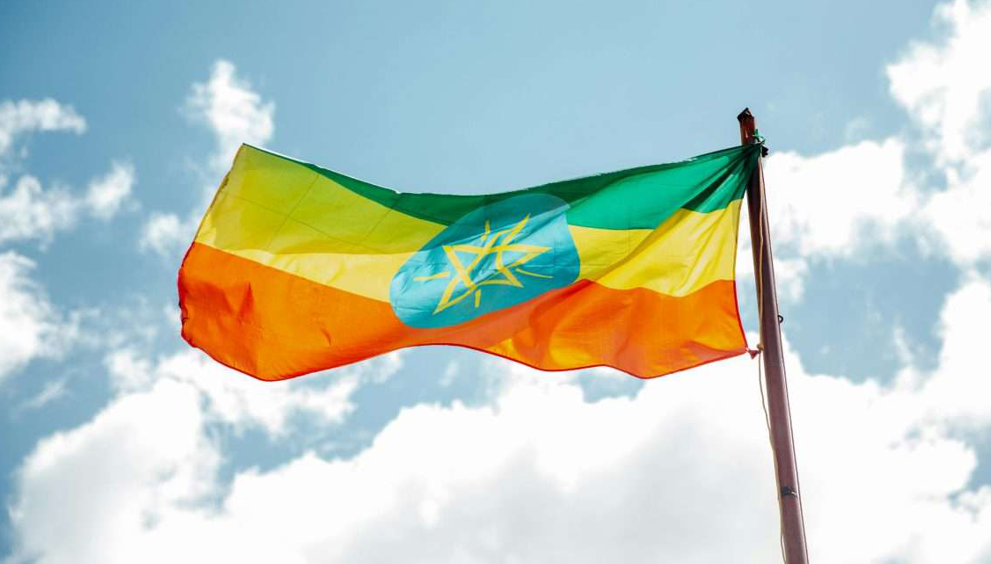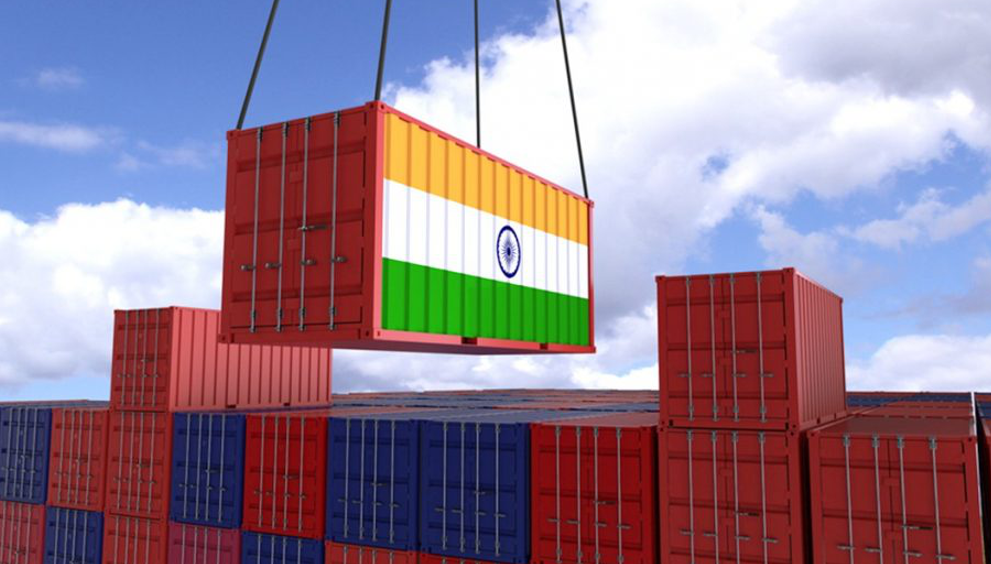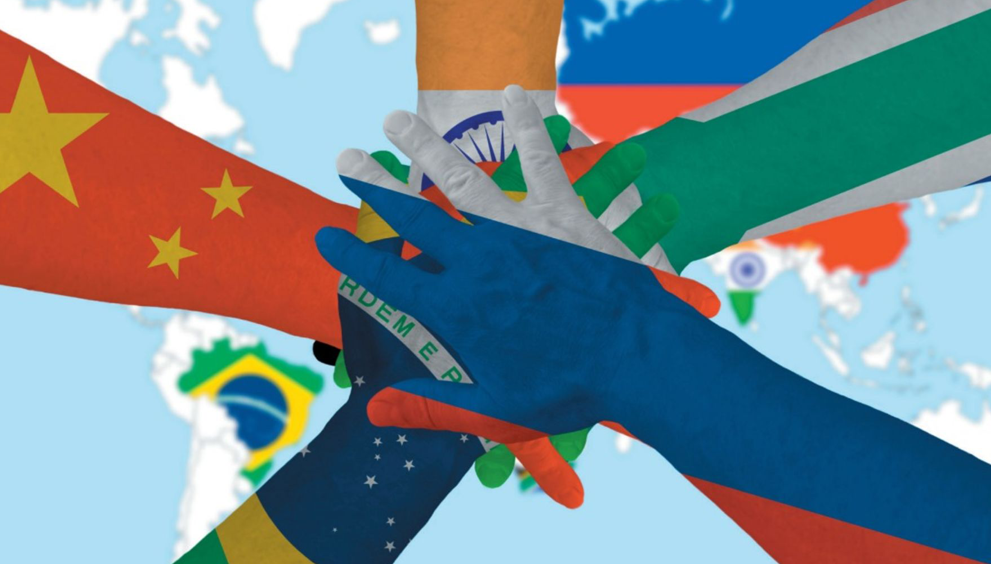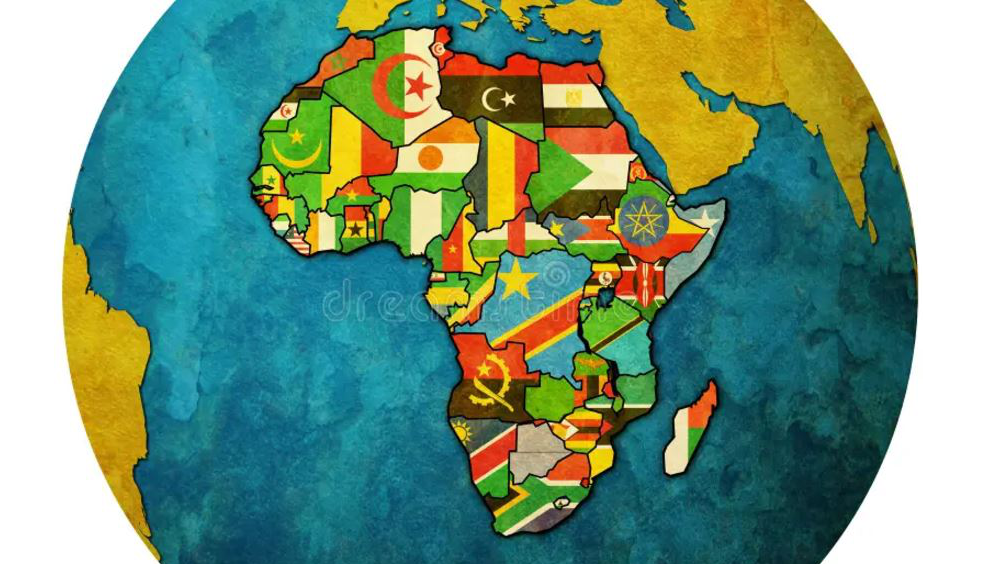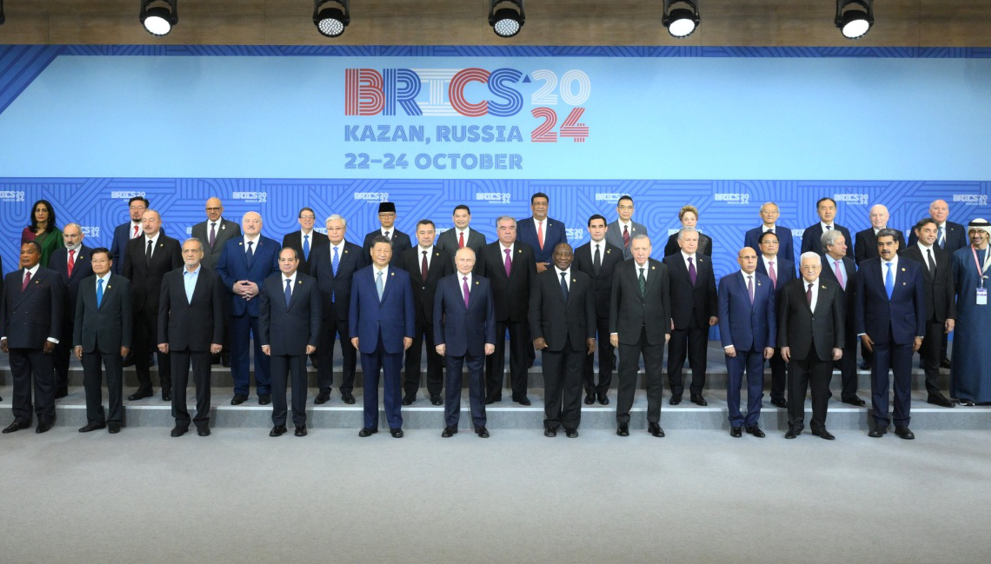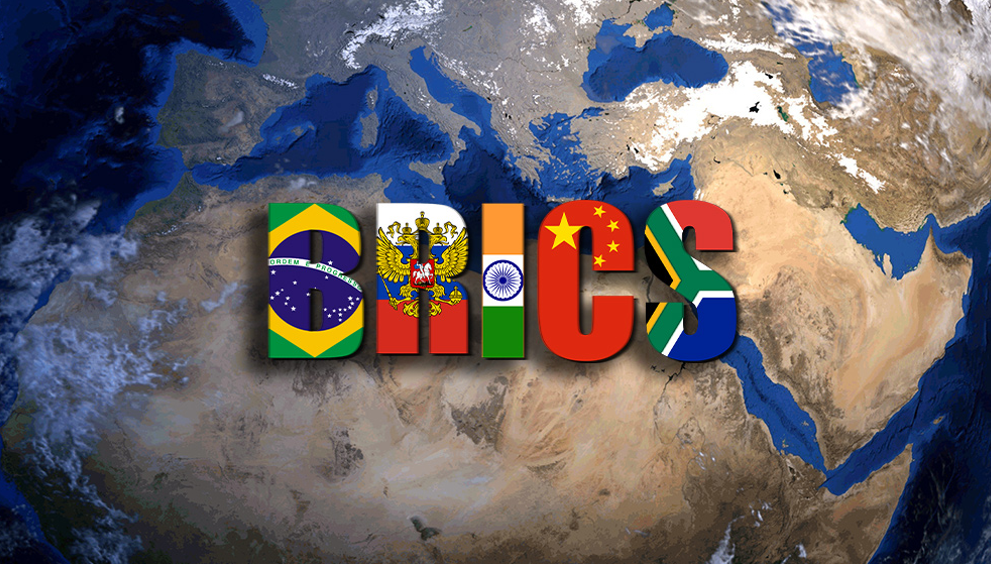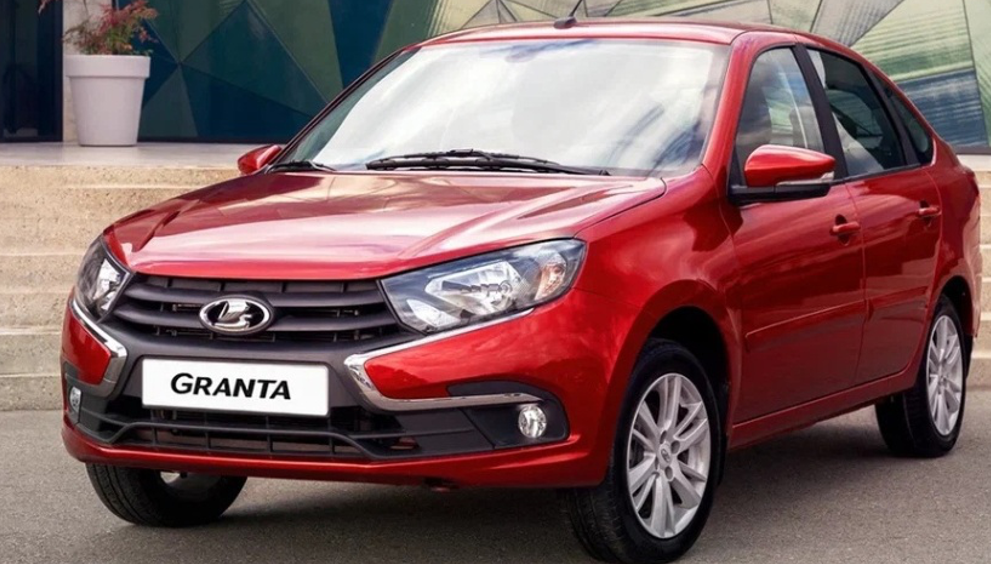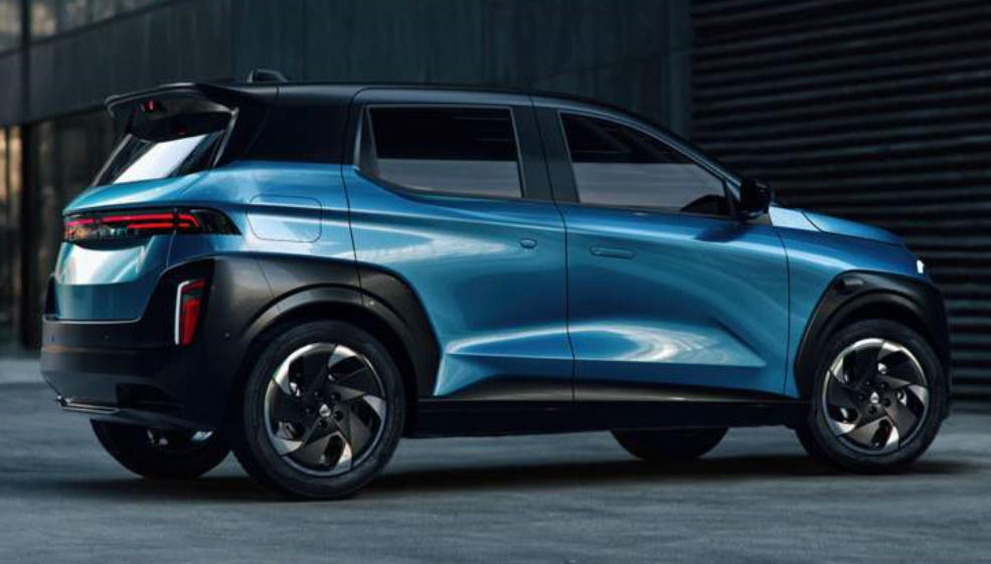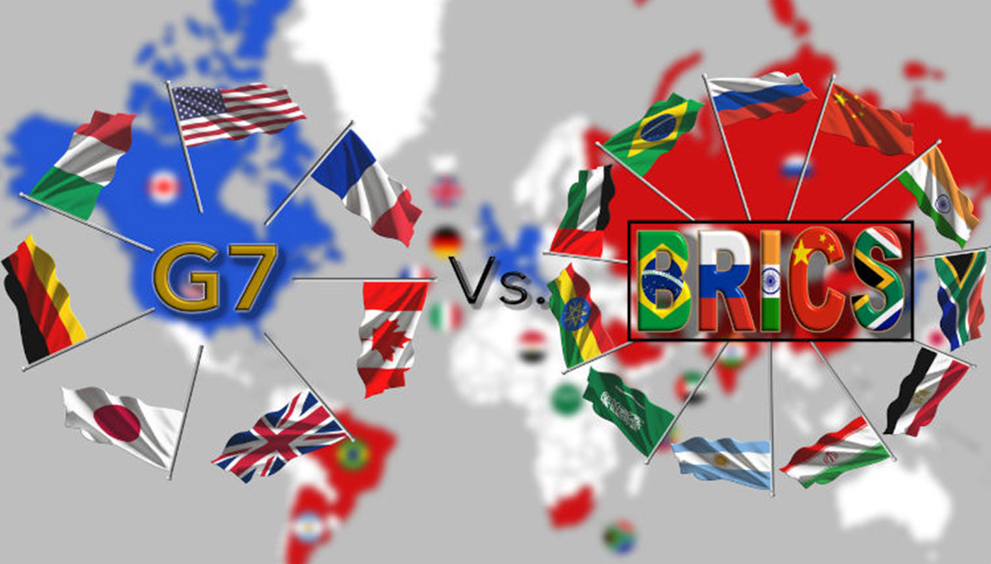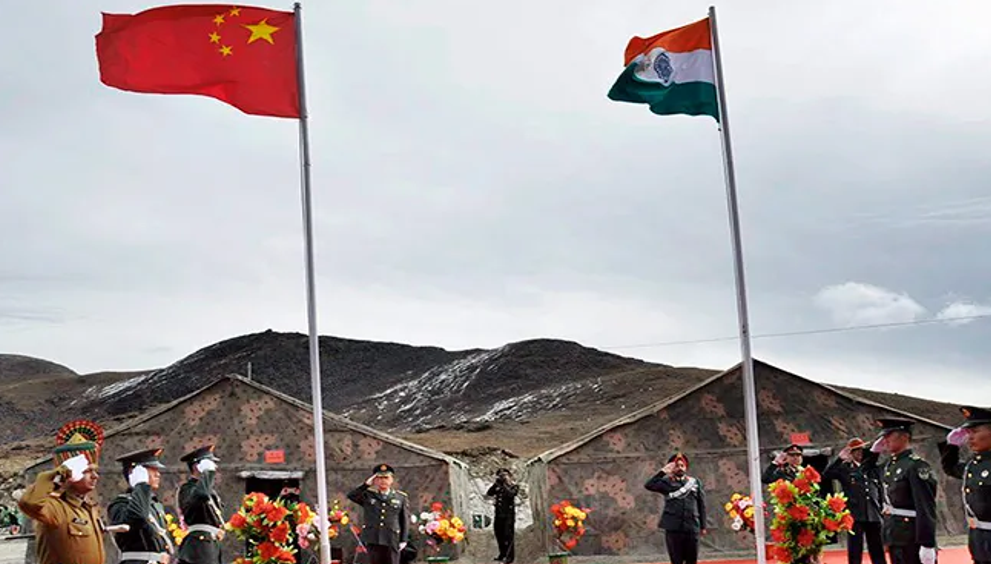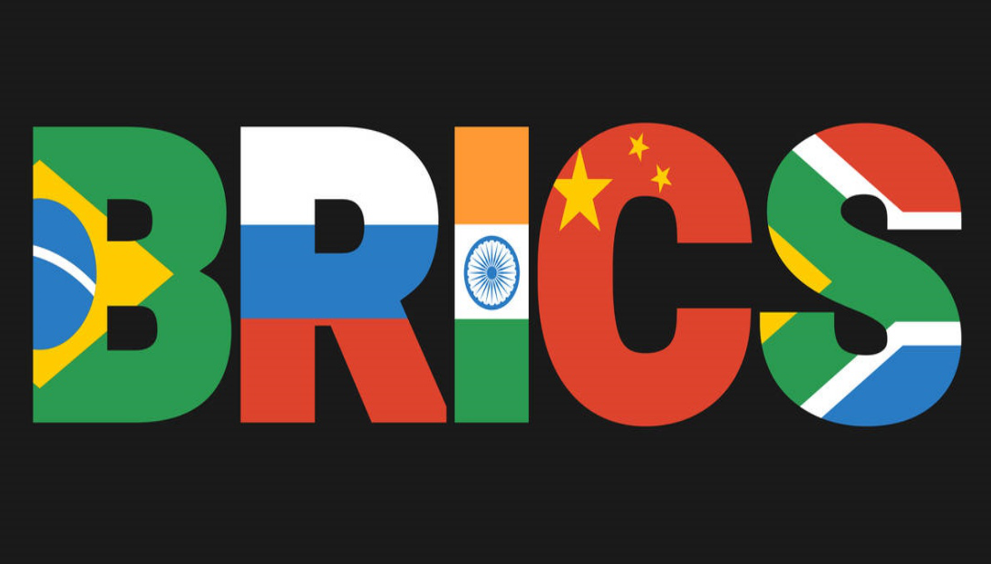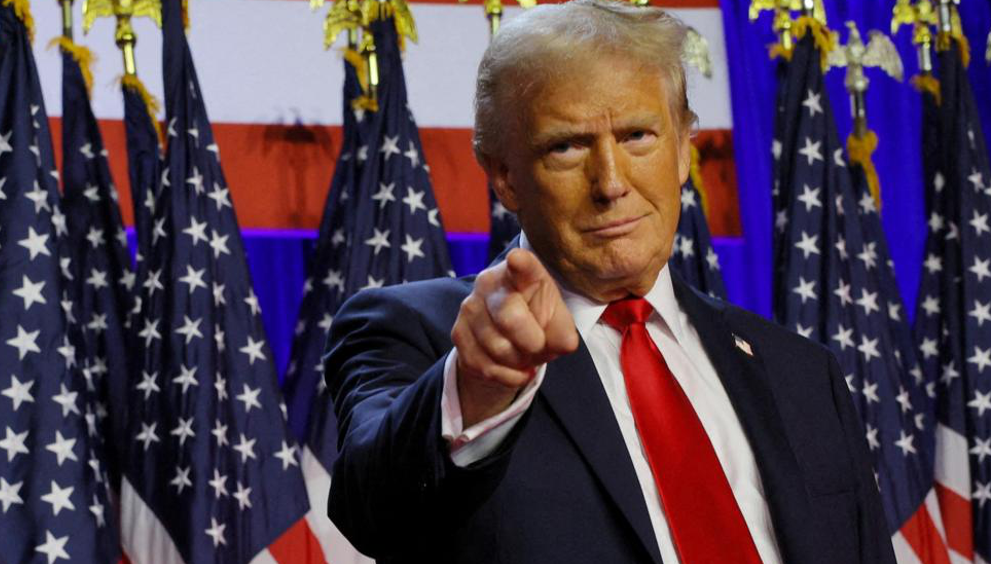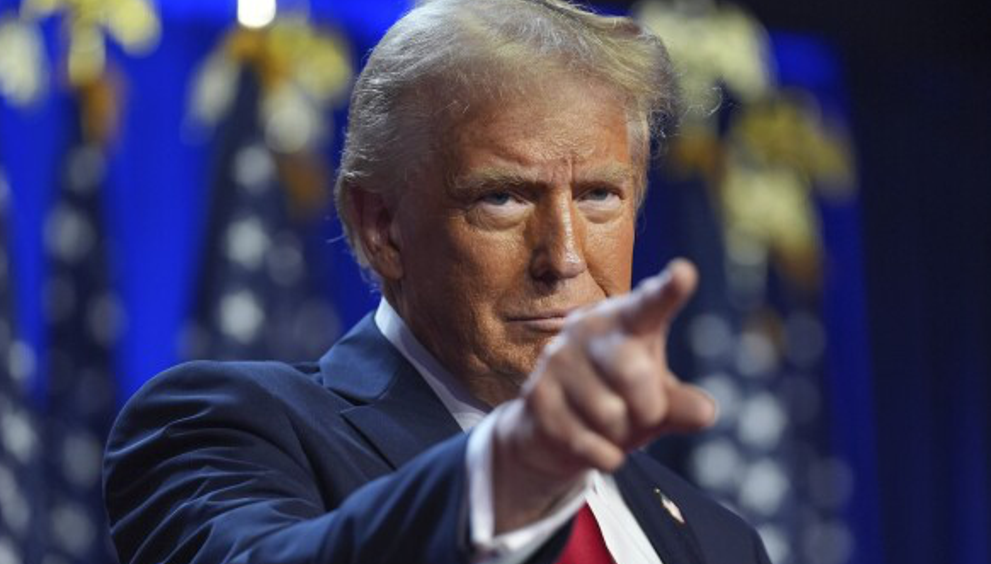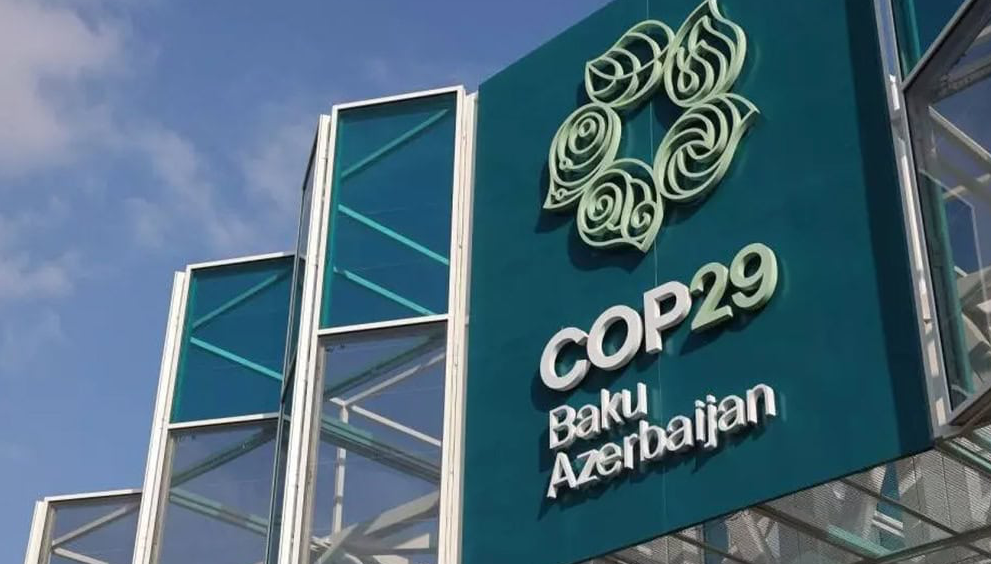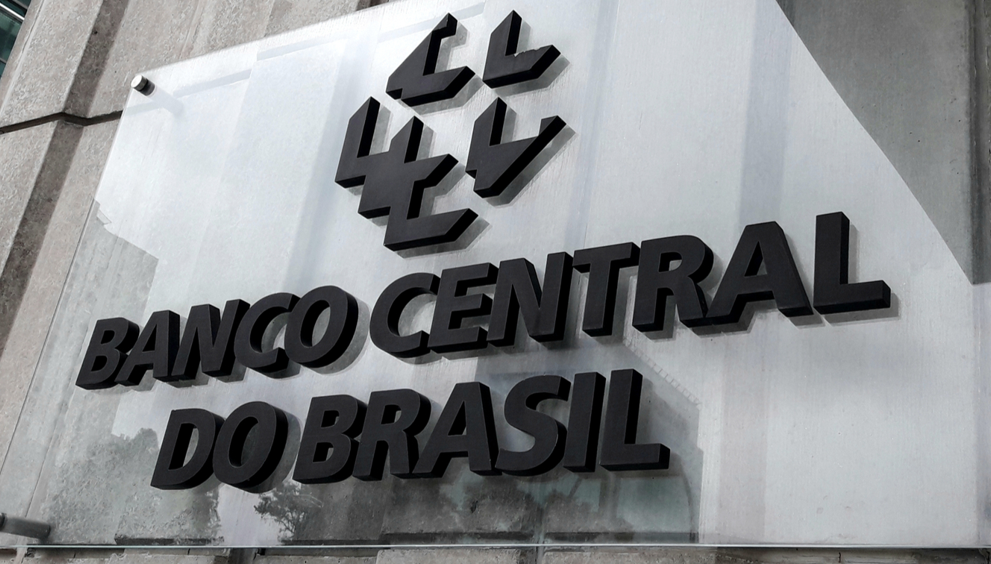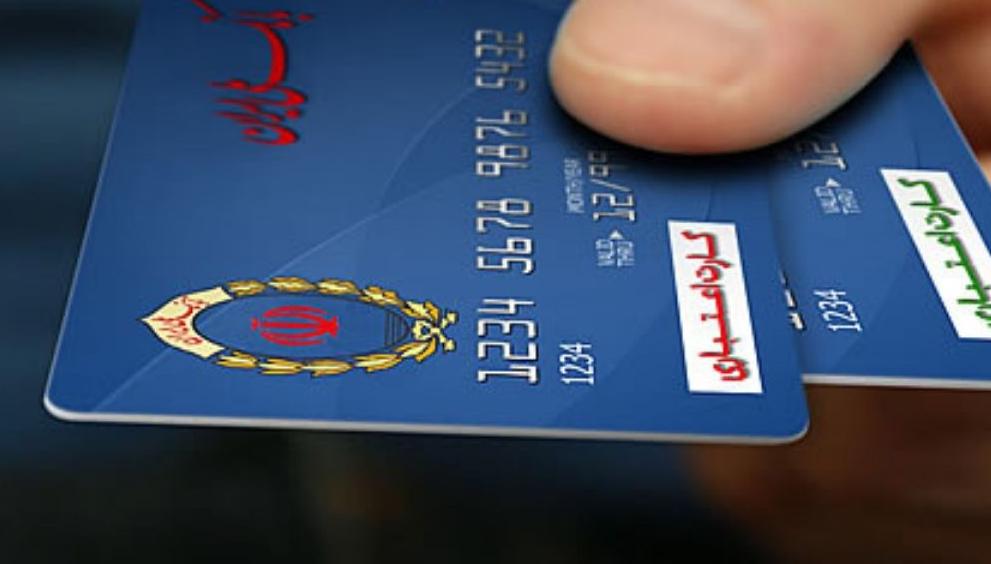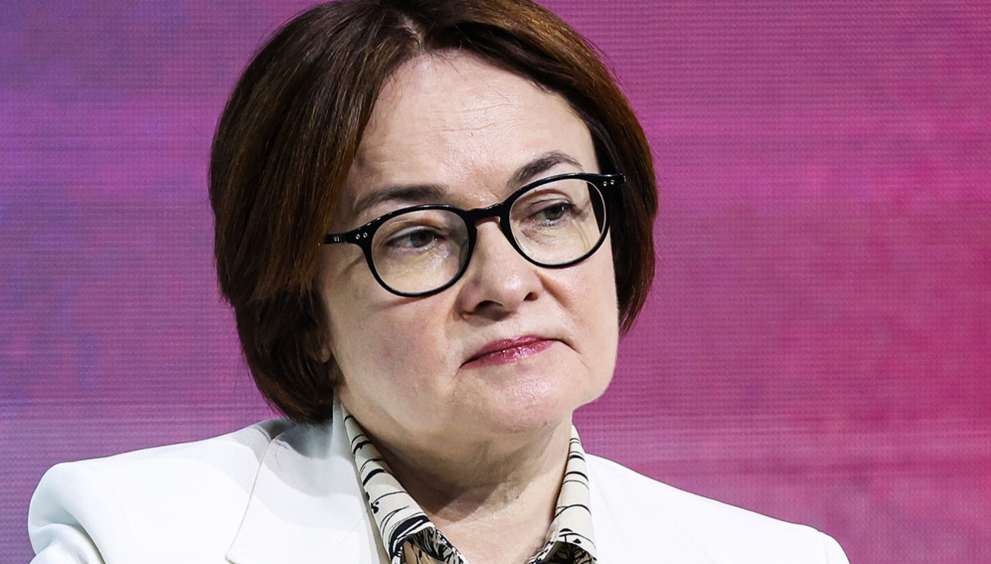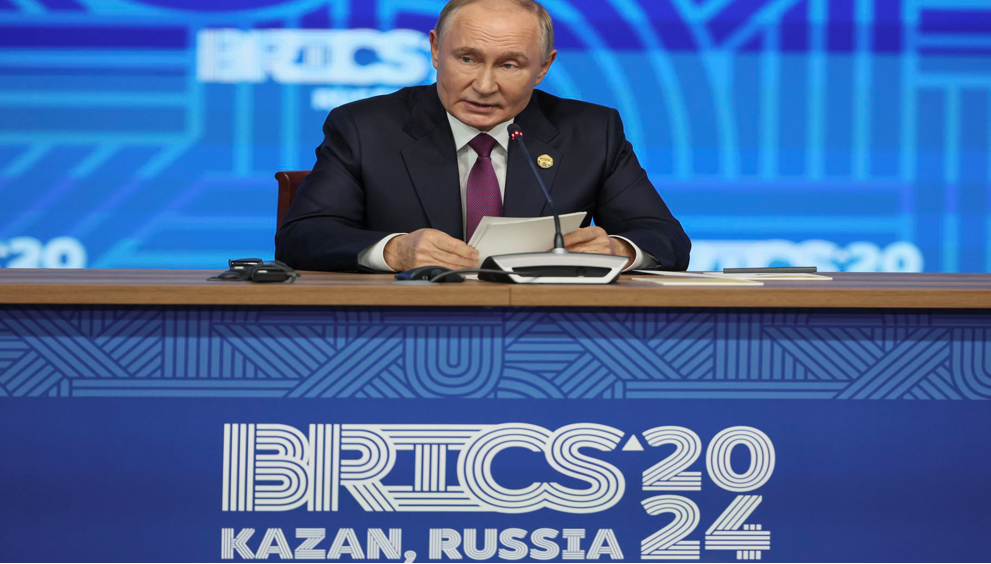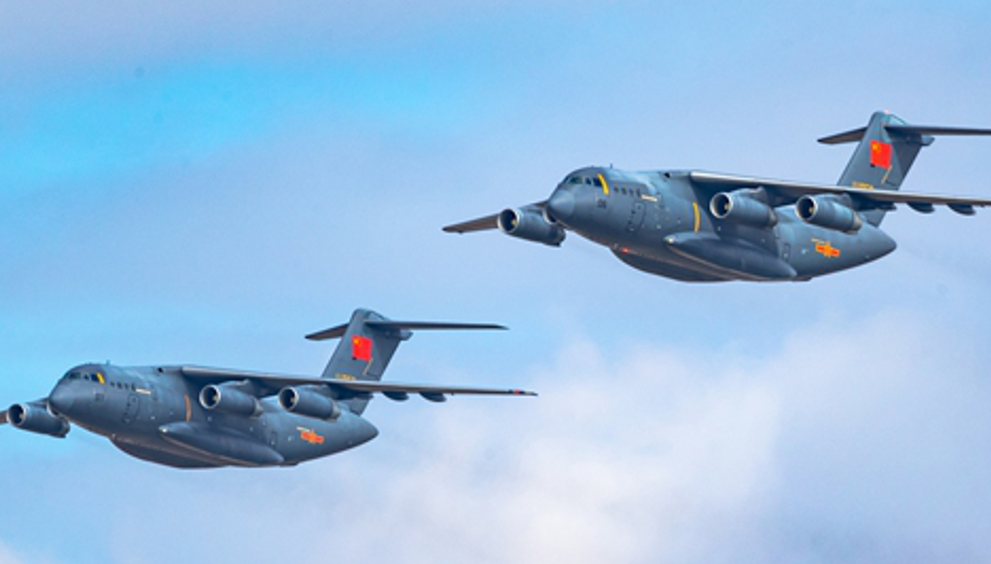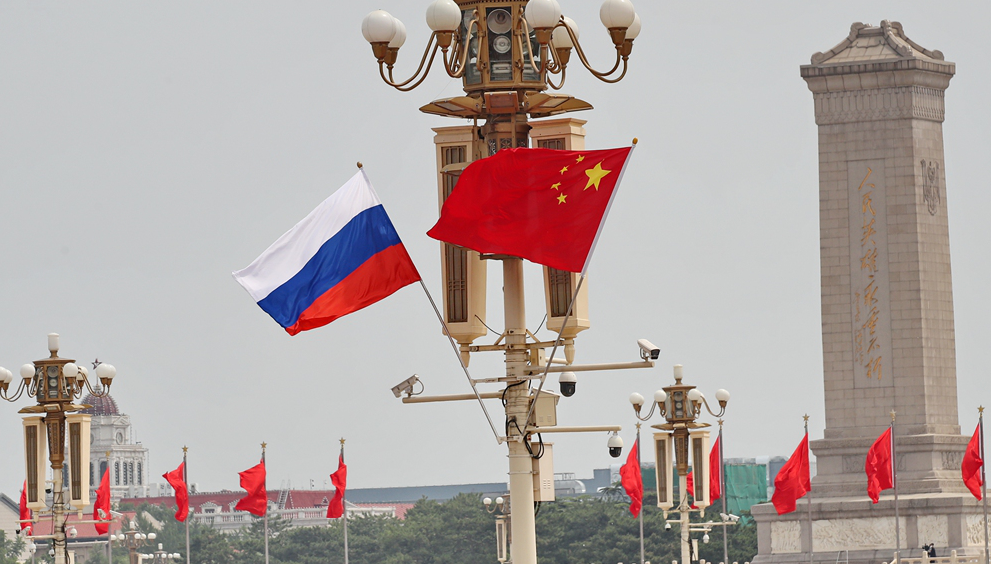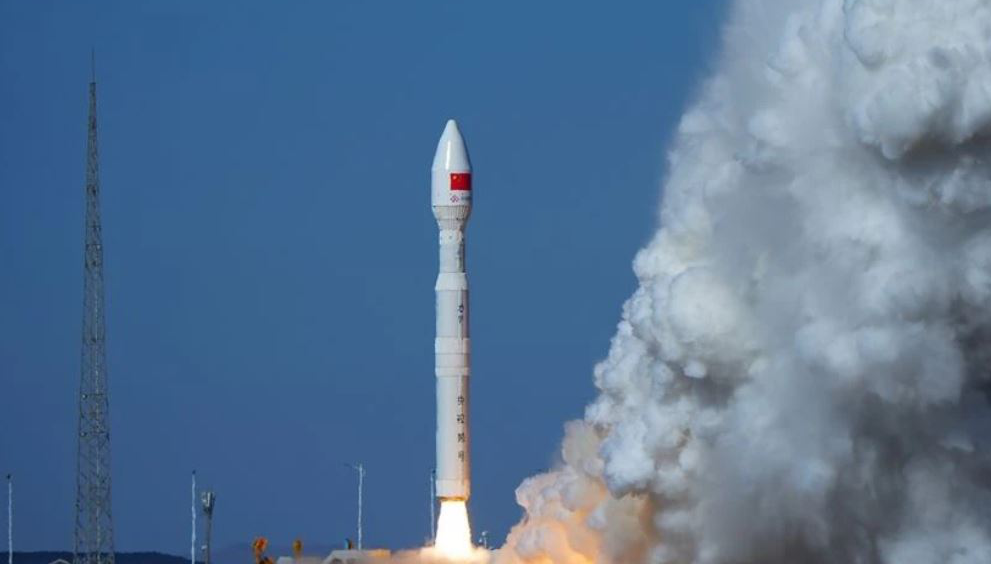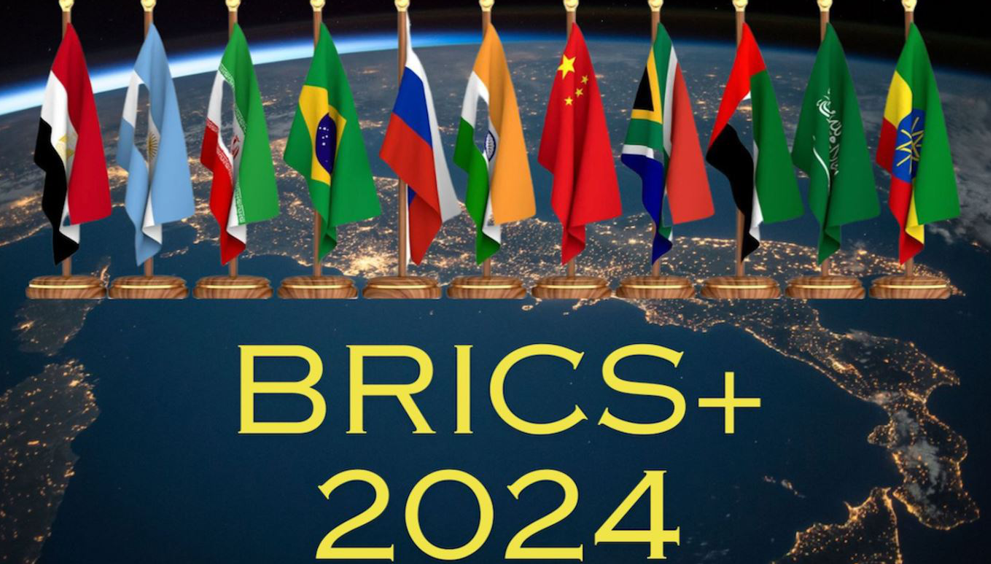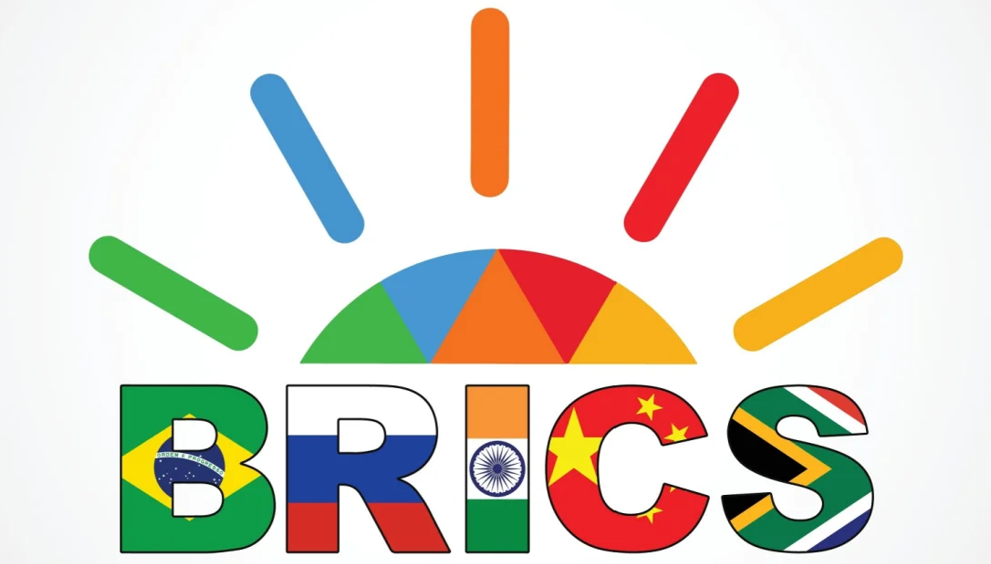A Series of BRICS Polls: Important Questions Remain
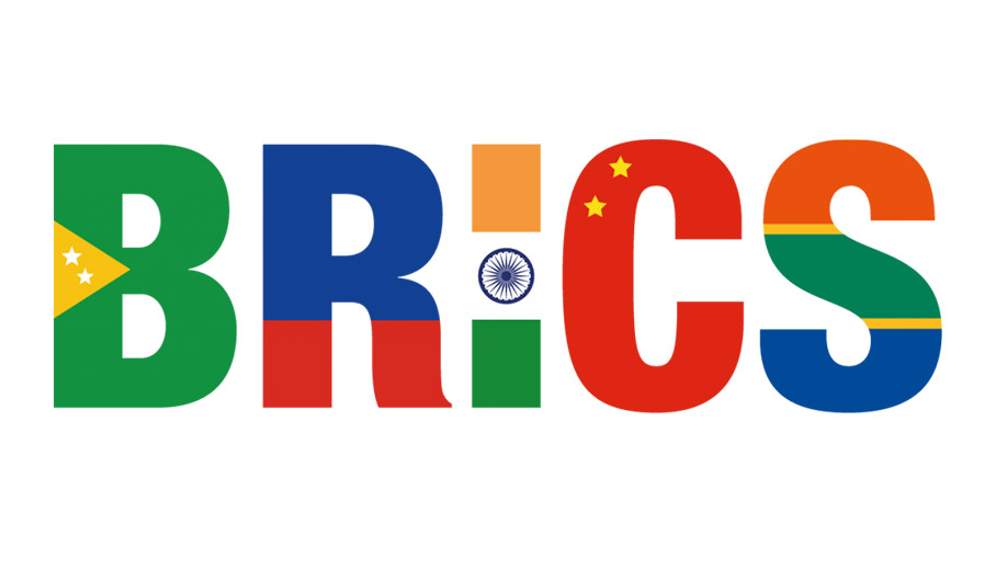
The BRICS summit in Kazan triggered further waves of discussions on possible expansion as well as the key priorities of the bloc going forward. In this regard, it was particularly important this year to hear the voice of the population of the countries of the Global South on how BRICS is perceived and which of its initiatives are supported the most. And while there is clearly enthusiasm and support for BRICS rise on the international arena, there remain important questions on BRICS priorities, something that will hopefully be addressed in a more granular way in future polls and surveys.
The survey published in the Global Times was conducted by the GTI from August 14 to September 19 on topics related to Global South countries and BRICS in developing countries that included China, South Africa, Brazil, India, Saudi Arabia, Pakistan, Kenya, Egypt, Peru, Malaysia, Thailand, as well as Russia. The main revelations of the survey were as follows:
– Over 80 percent of respondents in 12 countries believe that BRICS countries can represent the Global South on the international arena. The recognition rates were highest among the three BRICS member countries: China (95 percent), India (93 percent), and South Africa (91 percent). Recognition rates of over 80% were registered in Thailand, Malaysia, Egypt, Kenya, and Brazil.
– Of the seven BRICS member states, the respondents generally exhibited a positive attitude toward further BRICS expansion, with more than half of the respondents in each country believing that expansion is necessary. The highest approval for BRICS expansion was registered in China (86%), followed by South Africa (82%).
– Economic cooperation matters: according to respondents from 12 countries, the main reason for the popularity of the BRICS mechanism is that it can promote economic development (nearly 60 percent of respondents agree with this statement).
– The poll shows that nearly 70 percent of respondents in the 12 countries support the need for the establishment of a new BRICS settlement system for international trade settlements and payments. Support is highest in China at 84%, in India it is close to 80%; in Kenya, Egypt, Pakistan, Malaysia, and South Africa support rates are above 70%.
In Russia, the VCIOM polling agency conducted a poll in October ahead of the BRICS summit – the poll elicited a high degree of awareness about BRICS within Russia. Over 80% have some knowledge about BRICS, of which 41% state that they have a good familiarity with the bloc’s agenda. Russia’s participation within BRICS is supported by 82% of the population, 14% are indifferent and only 2% have a negative perception of BRICS. Nearly two-thirds of the respondents believe that BRICS has a significant impact on the world economy; 69% of the respondents see Russia’s cooperation with BRICS as having on balance a positive effect.
Another BRICS-related survey was published in October by China’s CGTN – the survey asked respondents from BRICS economies questions on the role of China in global development as well as on the priorities of the reform in the current system of global governance. In response to the question “Main aspects of the international order in need of urgent reform”, respondents from the BRICS countries expressed concerns regarding the lack of transparency in international decision-making (nearly 64%) and the lack of representation of the Global South (more than 60%). Interestingly, the need for a reduction in protectionism and the narrowing of the North-South gap came at the bottom of the list with 46% and 49% support respectively].
The response ratio to the question “Main aspects of the international order in need of urgent reform” in the poll. /CGTN
CGTN
Overall, while the above polls may be instrumental in gauging the perception of BRICS across the Global South, there are a number of important questions that remain and need to be addressed in the future polls. One of the key issues is trade liberalization and the degree of support that the various regions of the Global South exhibit vis-à-vis more open markets from BRICS with respect to Africa and other parts of the developing world. Another issue is the BRICS common currency – judging by social media this is the single most popular theme associated with BRICS possible initiatives. Further important themes include: scope for BRICS institutionalization as well as priorities for the BRICS New Development Bank in terms of the key sectors for investment projects.
- brics1


 English
English 

